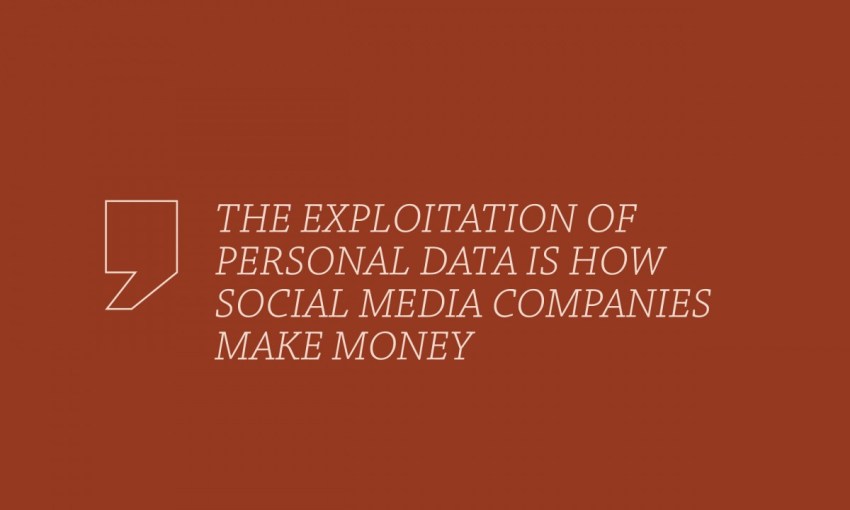But still, the existence of the social media giant could just be a blip in history.
Facebook was just doing its job when it sold all that data
I never really signed up for Facebook.
I didn’t have it for years and years, and then sometime around 2012 I started running a café via which I sort of inherited a personal account that had been attached to the business for a while. From then, under the moniker Maga Zine and with variable degrees of interest and engagement, I’ve sort of had a Facebook account for the last six years.

Farrin is founding editor of CityMag and City Standard.
But, a few weeks back – just as the (lack of) privacy scandals centred around Cambridge Analytica surfaced – the platform booted me off for not using my real name.
I understand the purpose of the rule, but I don’t necessarily want to engage with people from the long-lost past on a platform that I never consciously committed to, so I declined to put my actual name on there, and instead allowed that part of my life to turn from an active form of digital embarrassment into being just another mildly embarrassing part of my digital footprint.
Clearly, my Facebook experiment was all entirely accidental, but it still seems I’ve been fortunate enough to end up on the right side of history.
I have no idea if the current hashtag-fuelled fervour around deleting Facebook will result in the end of Mark Zuckerberg’s empire, but certainly the debate embodied by this particular scandal seems to signify a shifting tide. In a post-Cambridge Analytica world, a lot of people are a lot more aware of exactly how much control we don’t have over our data. This scandal is also just one in many that constitute a growing body of evidence.
But while many of us only learn about the highly questionable use of information as each scandal unfolds, these practices are in no way limited to specific circumstances or companies.
The problem with most social media platforms, not just Facebook, is that they actually have no other business model than to track us and then offer that information to corporations (and, increasingly and terrifyingly, political organisations) so they can manipulate our thinking and behaviour.
The exploitation of personal data is how social media companies make money. It’s pretty much the only way they make money.
In some senses, this is true of most media – even ‘traditional’ media like CityMag – who make money by selling the behaviour of their audience demographic to advertisers. But when held up next to the kind of tracking and manipulation companies are capable of with the data offered by Facebook (like where you are at any given time or how much money you have), our practice of saying things like ‘our main audience is between 20-40, so a lot of them might be looking to buy a house’ seems positively quaint and cute.
I, like a lot of people, was not really worried when my data was being used to determine what kind of shoes I might wish to buy.
But I, like a lot of people, feel pretty differently now I know that data could instead be used to change how I feel or change the outcome of elections.
Clearly, handing the power to control, en masse, emotion and thinking to the highest bidder is not the ideal path to a better society. And surely, now we know that’s what’s going on, the social media companies will have to find some other way of making money or else face a collective and swift rejection from their users. If it’s the latter option, we could be living in a reality where the whole social media movement is just a blip in history that lasted little more than a decade or two.
At least, that’s what makes sense on paper. But the power of inertia should not be underestimated. Even with all of the above, if Facebook hadn’t kicked me off, I’m not sure I would have put in the effort to actually leave.




